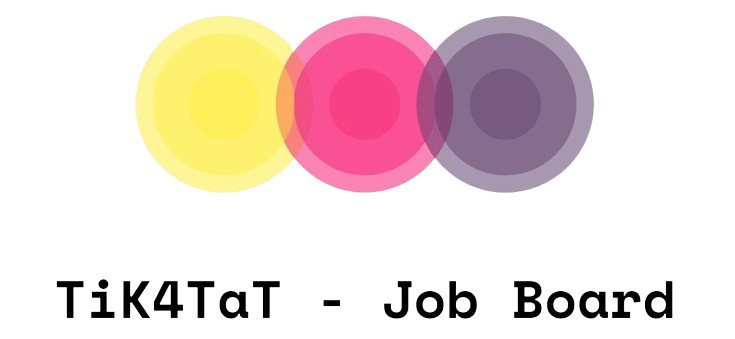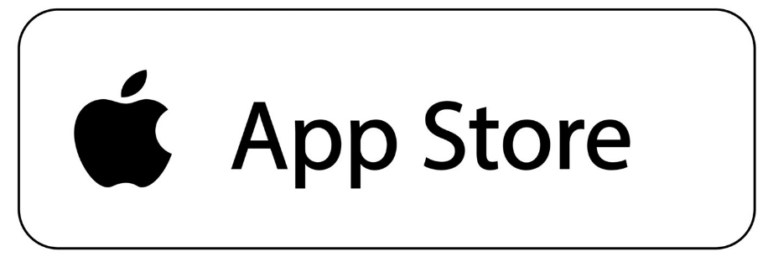thomas8616186
About Candidate
The nursing profession has undergone a remarkable transformation throughout its history. From humble beginnings as a volunteer service to its current status as a highly respected and essential part of the healthcare system, nursing has continuously evolved to meet the changing needs of society. Nurses today are no longer seen merely as caregivers who assist doctors; they are highly educated professionals who play a critical role in patient care, health education, and advocacy. This evolution of the nursing profession is driven by several factors, including advances in medical technology, the growing complexity of healthcare systems, and the increasing emphasis on preventative care and chronic disease management.
One of the most significant changes in nursing online class assignment over the years has been the expansion of the role of nurses. In the past, nurses were primarily responsible for providing bedside care and assisting physicians with medical procedures. Today, their responsibilities have expanded to include a wide range of duties, such as administering medications, performing diagnostic tests, and developing care plans for patients. Nurses are also increasingly involved in educating patients and their families about managing health conditions, promoting wellness, and preventing illness. This expanded role requires nurses to have a strong foundation in medical knowledge, critical thinking skills, and the ability to communicate effectively with patients, families, and other healthcare professionals.
The shift from a focus on acute care to chronic disease management has also played a role in the evolution of nursing. As life expectancy nurs fpx 6111 assessment and evaluation in nursing education has increased and medical technology has advanced, more people are living with chronic conditions such as diabetes, heart disease, and cancer. Nurses are often on the front lines of managing these conditions, working closely with patients to monitor their health, manage symptoms, and provide ongoing care. This has led to the development of specialized fields within nursing, such as geriatric nursing, oncology nursing, and palliative care, which focus on the unique needs of patients with chronic illnesses.
Technology has had a profound impact on the nursing profession, both in terms of the tools nurses use and the way care is delivered. Advances in medical technology have improved the accuracy and efficiency of diagnostic tests, treatments, and patient monitoring. Electronic health records (EHRs) have streamlined the way nurses document and share patient information, making it easier to coordinate care among different healthcare providers. Telemedicine has also changed the way nurses interact with patients, allowing them to provide care remotely and reach patients in rural or underserved areas. While these technological advancements have improved patient care, they have also required nurses to stay up-to-date with the latest tools and techniques, further emphasizing the need for ongoing education and professional development.
Education has become increasingly bus fpx4063 advanced financial accounting topics and trends important in nursing as the profession has evolved. In the past, most nurses received their training through hospital-based diploma programs, which focused primarily on hands-on experience. Today, nursing education is more comprehensive, with many nurses earning associate’s, bachelor’s, or even advanced degrees. Higher education not only provides nurses with the medical knowledge they need to care for patients, but it also prepares them for leadership roles, research opportunities, and specialized areas of practice. Nurses are also required to complete continuing education courses throughout their careers to stay current with the latest medical advancements and maintain their licenses.
Nursing is not only a profession of care but also one of advocacy. Nurses often serve as patient advocates, ensuring that patients receive the care they need and that their voices are heard. This can involve working with healthcare teams to develop treatment plans, helping patients navigate complex healthcare systems, or providing emotional support to patients and families during difficult times. Nurses are uniquely positioned to advocate for patients because they spend more time with them than any other healthcare professional. This close relationship allows nurses to understand their patients’ needs, preferences, and concerns, and to speak up on their behalf when necessary.
Despite the many changes and advancements in the nursing profession, one thing hcm fpx 5314 assessment 1 has remained constant: the dedication and compassion of nurses. Nursing is a demanding job, both physically and emotionally, but those who choose this profession are driven by a desire to help others and make a difference in people’s lives. Whether they are working in hospitals, clinics, schools, or community health centers, nurses are often the first point of contact for patients, and their care can have a lasting impact on patients’ health and well-being.
As the healthcare system continues to evolve, so too will the nursing profession. Nurses will need to adapt to new challenges, such as an aging population, the increasing prevalence of chronic diseases, and the integration of new technologies into patient care. At the same time, they will continue to play a vital role in promoting health, preventing illness, and advocating for their patients. The evolution of nursing is far from over, and the profession will continue to grow and change in response to the needs of society. However, the core values of nursing—compassion, dedication, and a commitment to patient care—will remain at the heart of the profession.


